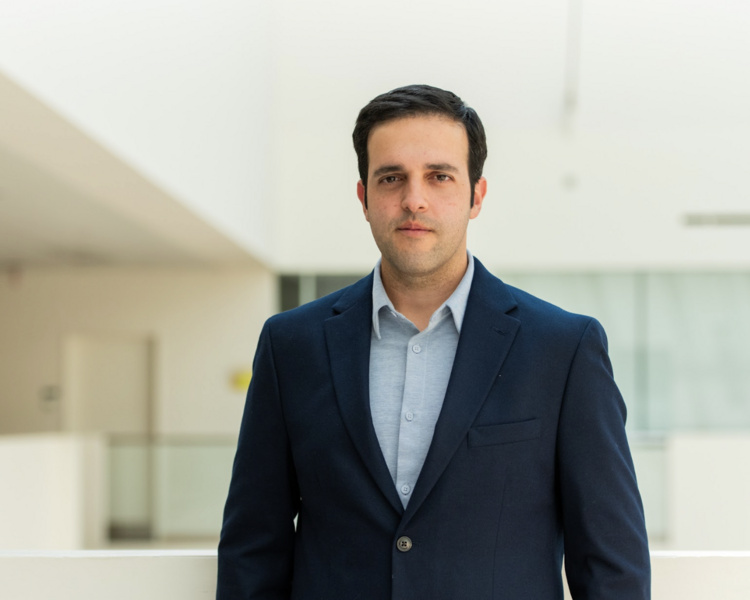
Rising Star Seminar Series with Dr. Matheus Victor
Description
Talk Title:
Leveraging Big Data with Stem Cell Models: How Perturbed Genetic Circuits and Dysfunctional Neuronal Networks Drive the Progression of Alzheimer's Disease.
Abstract:
The ability to profile gene expression at the single-cell resolution offers the unprecedent opportunity to define the complex cellular heterogeneity of the brain in response to pathology. However, single-cell transcriptomics, particularly within the context of postmortem human brain samples, only provide a static snapshot of the underlying transcriptional mechanisms driving the initiation and progression of diseases. To gain a more comprehensive picture of disease-associated transcriptional programs, my research integrates single-cell genomics with cellular reprogramming techniques for data-driven mechanistic studies with human-based cellular models of the brain. In this talk, I will discuss our recent effort in profiling the single-cell transcriptome and epigenome of microglia isolated from human brains with varying degrees of Alzheimer’s disease (AD) pathology. Integrating our big data approach with targeted CRISPR-mediated perturbations in microglia derived from induced pluripotent stem cells (iPSCs), we defined the spectrum of cellular states adopted by microglia in response to AD. Through the lens of single-cell genomics and cellular reprogramming, I will also discuss our current work investigating the pathophysiological role of hyperexcitable circuits in the etiology of neuropsychiatric symptoms of AD. Here we are employing systems neuroscience tools in stem-cell based models to observe, record, and manipulate neuronal activity while examining its impact on glial states. Through this body of work, I will share my vision for my future independent research program investigating the complex interplay between neuronal activity and glial states.
Bio:
Dr. Matheus Victor is an HHMI Hanna H. Gray Postdoctoral Fellow in the lab of Dr. Li-Huei Tsai at the Picower Institute for Learning and Memory at MIT. He earned his Ph.D. in Neuroscience from Washington University in St. Louis, where he conducted his thesis work in the lab of Dr. Andrew Yoo. His graduate work developing a novel cellular reprogramming approach to study the contribution of aging to neurodegeneration was supported by the National Science Foundation Graduate Research Fellowship and a Research Dissertation Award from the National Institute of Aging.
www.matvictor.com
Zoom: https://mit.zoom.us/j/92146462001
Followed by a reception with food and drink

